Carer’s Corner – Lena* (Alexis’* mum)
Support groups and self-care have helped Lena cope with her daughter, Alexis’, BPD.
My daughter, Alexis [37], has BPD – but there was no sign of it when she was young. She was very intelligent, talented and did well at school. Then in her teens she started to become anxious and badly behaved – at least that’s what my husband and I thought then. She ended up with boyfriends who were bad for her, smoking cannabis, dropping out of school and drinking a lot. She was very much lashing out at us at the time. There was nothing we could do that was right. Everything, according to her, was our fault.
It was devastating to us early on. We were thinking, ‘How could she treat us like this?’ We took it so personally. I remember that she left home at 17 and ran off with some fellow and moved in to his parents’ house. I felt like she’d died. It was horrible. If I’d known back then she had an illness I would have approached it differently.
After a period of relative stability Alexis became quite ill and started to take overdoses and had several stints in hospital. We then had this idea it could be BPD because we knew someone who had already been diagnosed with that. Finally, when she was in her 20s, Alexis was diagnosed with BPD. The diagnosis was definitely a relief. It helped explain things and it gave me somewhere to turn; I could learn about BPD and see what we were dealing with.
Alexis’ life was pretty chaotic. There were boyfriends who were bad for her, and there’d be overdoses when the relationships broke up. At times she’d seem perfectly fine and then the next day she’d be in hospital after an overdose. Then she’d be patched up and sent home with no support. So we had frustrations with the system.
Then she got pregnant and she decided to have the baby. That was frightening for us because you hear of women with BPD who have babies and can’t manage to look after them. There have been tough times – when her daughter was five, Alexis took a big overdose and was very unwell for a time – but over the years hospitalisations and courses like dialectical behaviour therapy have really helped her – and helped her care for her daughter, who is now a teenager. Alexis has actually maintained a job for many years working part time and she’s been managing quite well, particularly if she stays off alcohol.
Most people never quite knew what we were going through. Some thought Alexis’ behaviour was simply bad behaviour that we shouldn’t have to put up with. Some thought we just needed to tell her we loved her and that that would make things alright. Some thought her behaviour was evidence that we were bad parents.
My way of coping was to learn about BPD, and to get involved in support groups. Now I help facilitate them. If I had advice for other carers of people with BPD it would be to learn about the illness and to develop strategies to talk to your loved one, and to relate to them. Trying to validate some of the stuff they are feeling is really helpful – even if it feels outrageous to you. Sometimes I fall into old habits and my communication is ineffective and I only make things worse, but it’s all about small steps. You can’t be too hard on yourself.
Sometimes I think I’m just lucky, I really do. Some people are blessed with more resilience than others and I’ve just found a way to cope.
Importantly I still try to maintain my own life and hobbies. I play tennis and have other friends and do things socially. But I am able to do that. Some people can’t.
There are still worries, of course, and we still live in fear that she might suicide, and we’ve the added fear of her daughter getting ill, but we recognize that she has done pretty well over the years. She’s mostly been able to manage and for that we are grateful.
* Names have been changed
